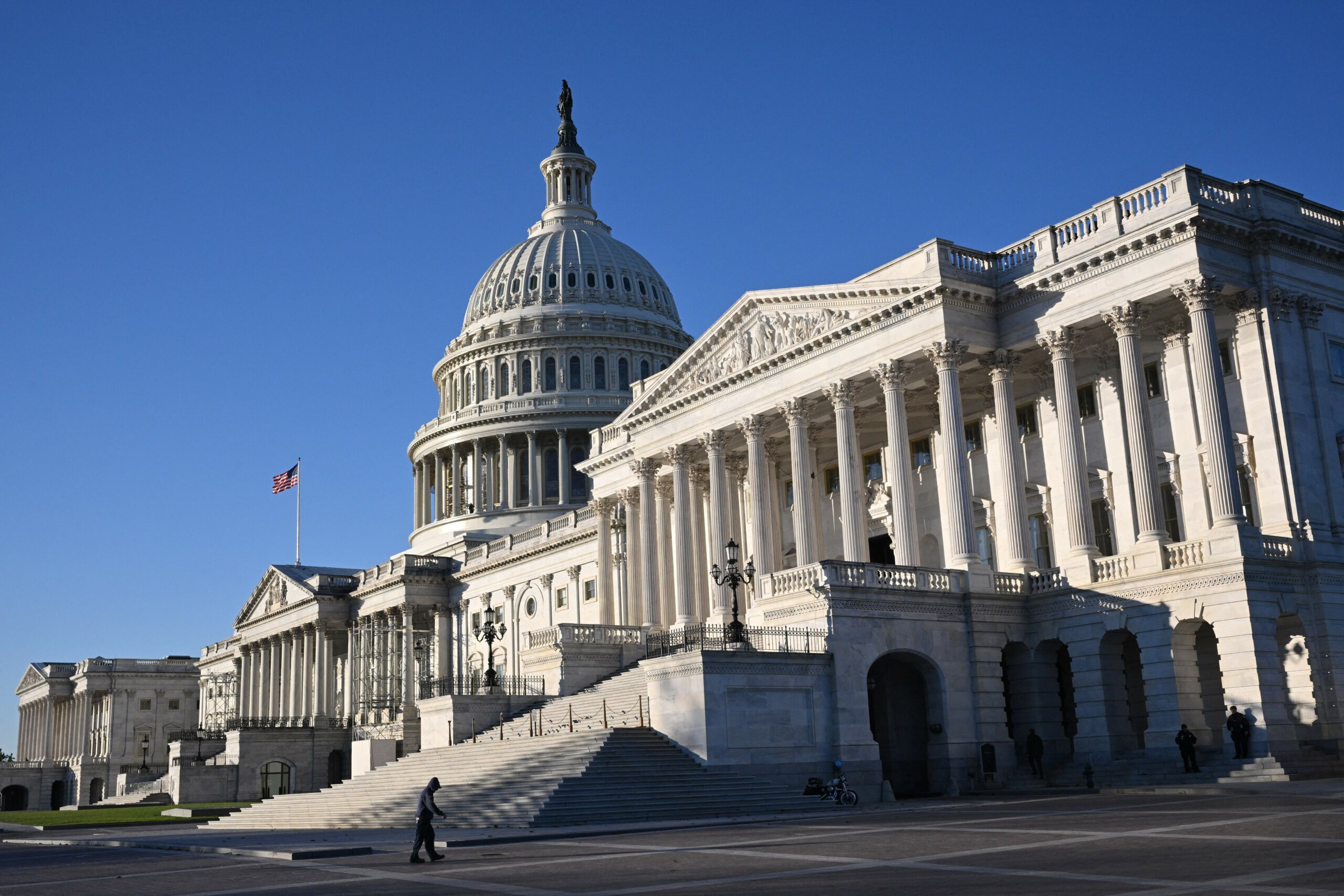Chokwe Lumumba and the Struggle for Racial Justice and Economic Democracy in Jackson, Mississippi
“As the South Goes…So Goes the Nation.”
W.E.B Du Bois wrote these famous words in Black Reconstruction, linking America’s promise of democracy to the horrendous conditions for Black people in the South. Sadly, the State of Mississippi has long been a bellwether in this regard, from slavery and lynchings to Jim Crow, segregation, and ongoing voter disenfranchisement. Today, Mississippi has both the country’s largest Black population by percentage and its highest poverty rate. This is a not a coincidence but an illustration of how economic inequality goes hand in hand with racial discrimination.
On the flip side of history, Mississippi has also long been a fertile ground for transformative social struggles, from Fannie Lou Hamer to the Student Nonviolent Coordinating Committee; and as a cradle of the Civil Rights and Black Power Movements. In the current period, Mississippi remains a laboratory for experiments in deep democracy and radical visions of what a New South could look like.
A popular People’s Assembly, based out of the state capitol of Jackson and supported by organizing groups including the New Afrikan People’s Organization and the Malcolm X Grassroots Movement, gave rise to the mayoral election of longtime activist and left Black nationalist Chokwe Lumumba. While Lumumba’s untimely passing seven months into his administration dented these most recent ambitions of transforming Jackson and the surrounding region, efforts have continued in other forms.
The most significant of these is Cooperation Jackson, a multi-layered plan to support economic democracy in the area, using as a foundation a network of cooperatives and other worker-owned, democratically managed enterprises. Led by members of the community alongside the core group of activists that supported Lumumba’s mayoral run, Cooperation Jackson seeks to foster democratic participation and establish a degree of economic independence, in particular for working class Black people, first in Jackson and then expanding through the Kush delta region of western Mississippi.
This current focus on solidarity economy initiatives doesn’t mean that today’s Mississippi Freedom Fighters have left behind yesterday’s dreams. In parallel, activists continue to work to build popular political consciousness among Black and working class people through projects of transformative community service and political education. They also retain the intention to again challenge for power in the electoral sphere.
This publication is the first insider account of the Lumumba Administration. Kali Akuno, the author of this study, served as the coordinator of Special Projects and External Funding for the late Mayor Chokwe Lumumba. He also is the co-founder and director of Cooperation Jackson as well as an organizer with the Malcolm X Grassroots Movement. In this piece, Akuno provides a critical history of the work done in Jackson in recent years, marrying these efforts to a future vision for the Jackson-Kush Plan to transform life in Jackson and beyond. For the target is clear: to turn around the State of Mississippi.



